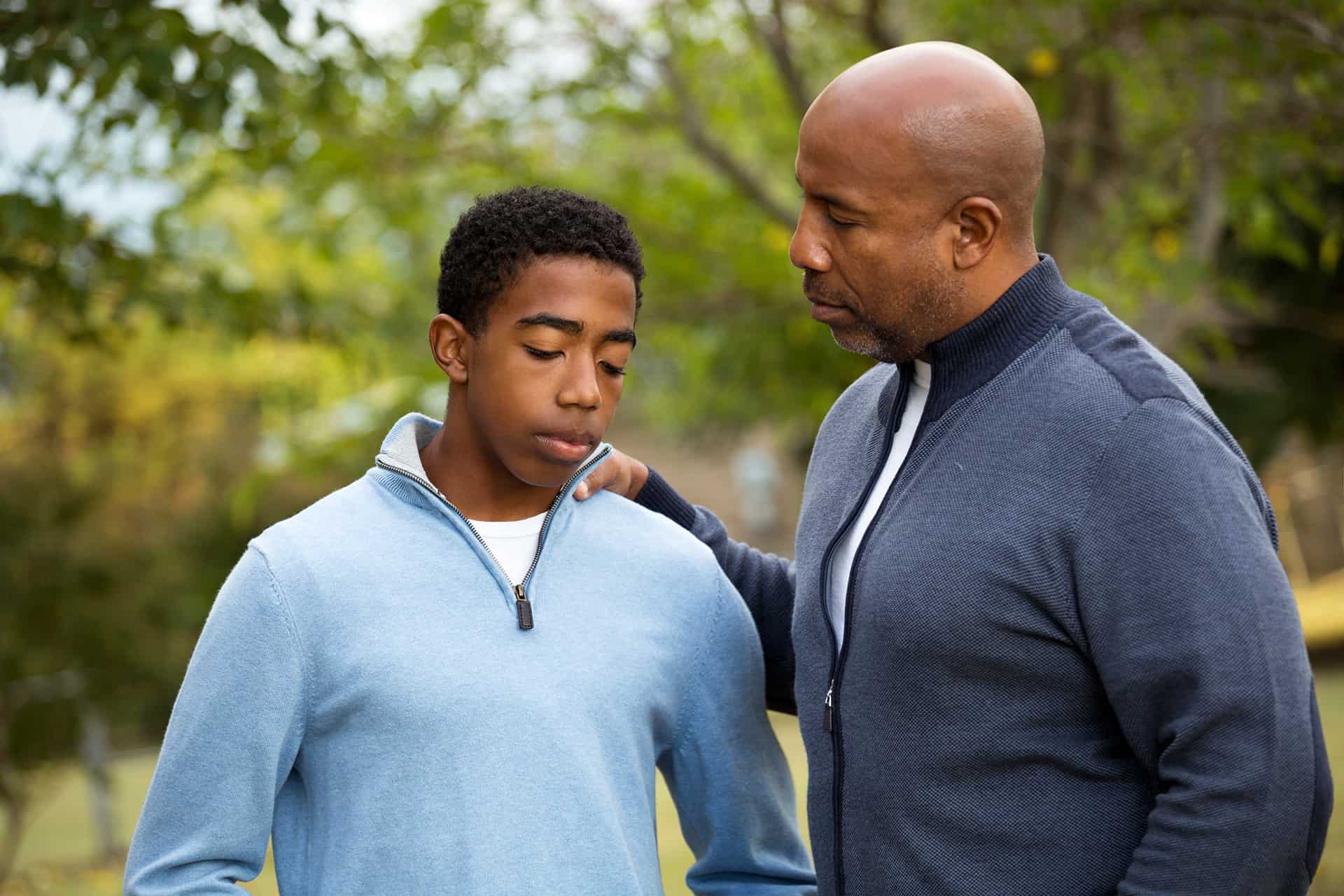It often seems impossible to have conversations about substance abuse in a way that allows those we love to feel heard and not judged. The Partnership for Drug-Free Kids recommends communicating with L.O.V.E. While originally meant for parents of children struggling with substance abuse, these tools are useful when trying to communicate honestly and openly with anyone in your life.
- Listening – In order to open up a conversation rather than shutting it down, ask questions that require sentence-length answers. For example, instead of asking, “Is this not a concern to you?” Ask, “What concerns you most?” This way, you are allowing them to share information on their own terms, instead of controlling the conversation yourself. Be sure to affirm their responses, listening for positives instead of focusing on the negatives. Participate actively in the conversation by reflecting and summarizing what the other person says without qualification, thereby letting them know you are listening openly and without judgment.
- Offering – Ask permission before offering insight (“Can I offer a thought?”). By doing so, you allow the other person to invite you into the conversation. Allow the other person to disagree with what you say, and offer multiple solutions to give them the opportunity to find one that works for them. Finally, make sure to check back in with them to see how they take the information you have provided (“Does that make sense?”)
- Validating – Validate the other person’s feelings. You cannot fully understand what they are going through, and it is important to appreciate their point of view without judgment. This way, you are not demonizing them or their actions, and you are letting them know that you do not view them as a bad person. This allows them to trust you, and it will increase the likelihood that the conversation can continue in a productive manner.
- Empathizing – Empathize with them. Let them know that you are on their side and that you are trying to understand where they are coming from. Use phrases such as “Wow that must have been scary for you” or “that would have made me upset as well.” This reduces shame and helps someone open up about their problems because they feel they are in a safe, kind environment.
Talking about addiction or any problem is difficult, but if you communicate with L.O.V.E., you do all you can to allow the conversation to proceed in a way that is healthy for everyone involved.
The Partnership for Drug-Free Kids has Parent Coaches who have been trained to help you navigate these often difficult conversations. These coaches have had to navigate such conversations with their own children. You can also call the Partnership directly and speak with master’s level counselors. Their toll free number is 1-855-378-4373.

